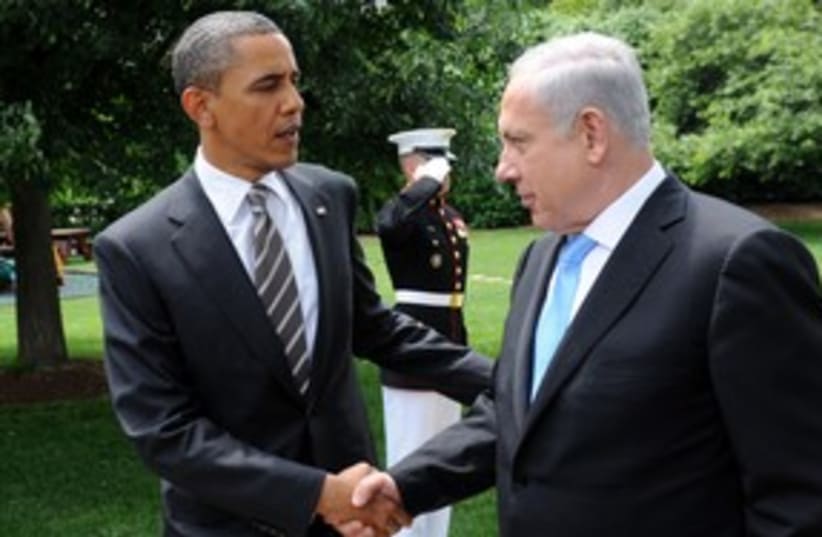The writer is a research fellow at the Institute for National Security Studies at Tel Aviv University.
Land now, peace...TBD
For decades, the Israeli and US approaches to resolving the conflict have rested on the assumption that Palestinian self-determination and an agreement are two sides of the same coin.

The writer is a research fellow at the Institute for National Security Studies at Tel Aviv University.